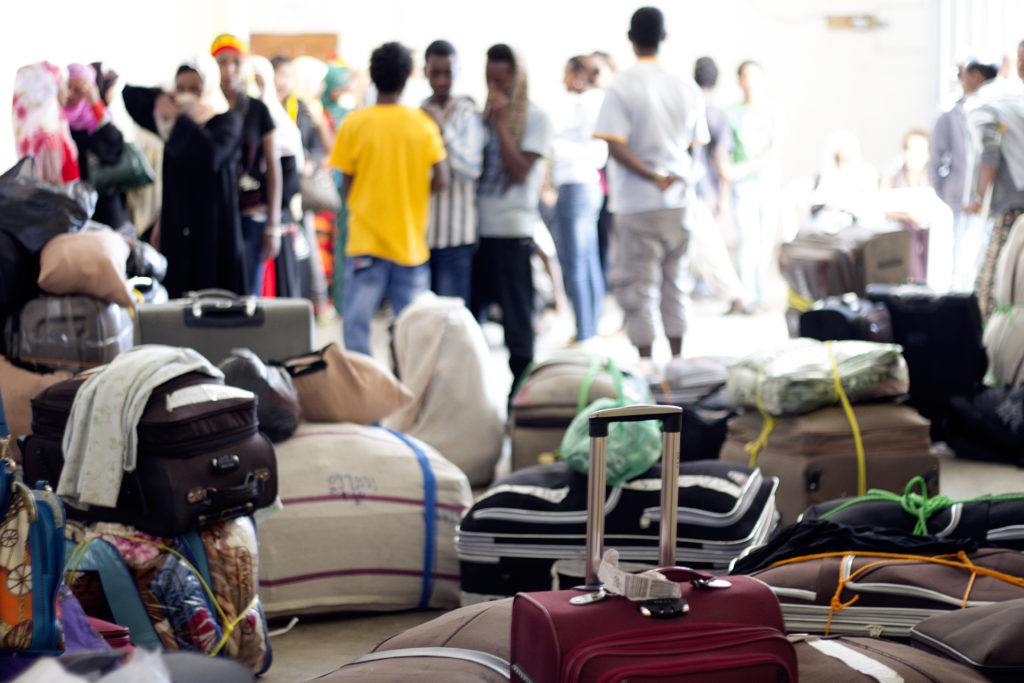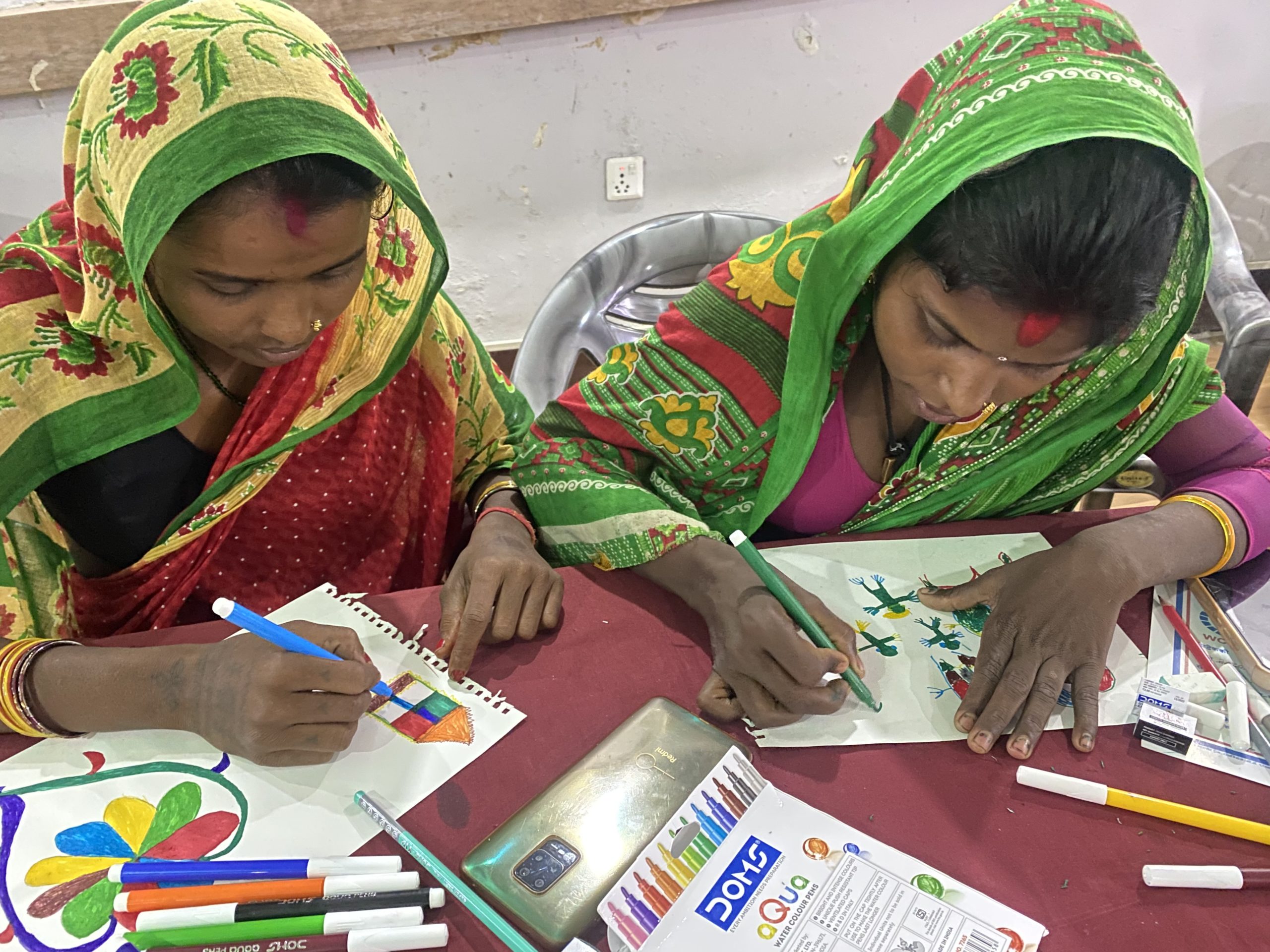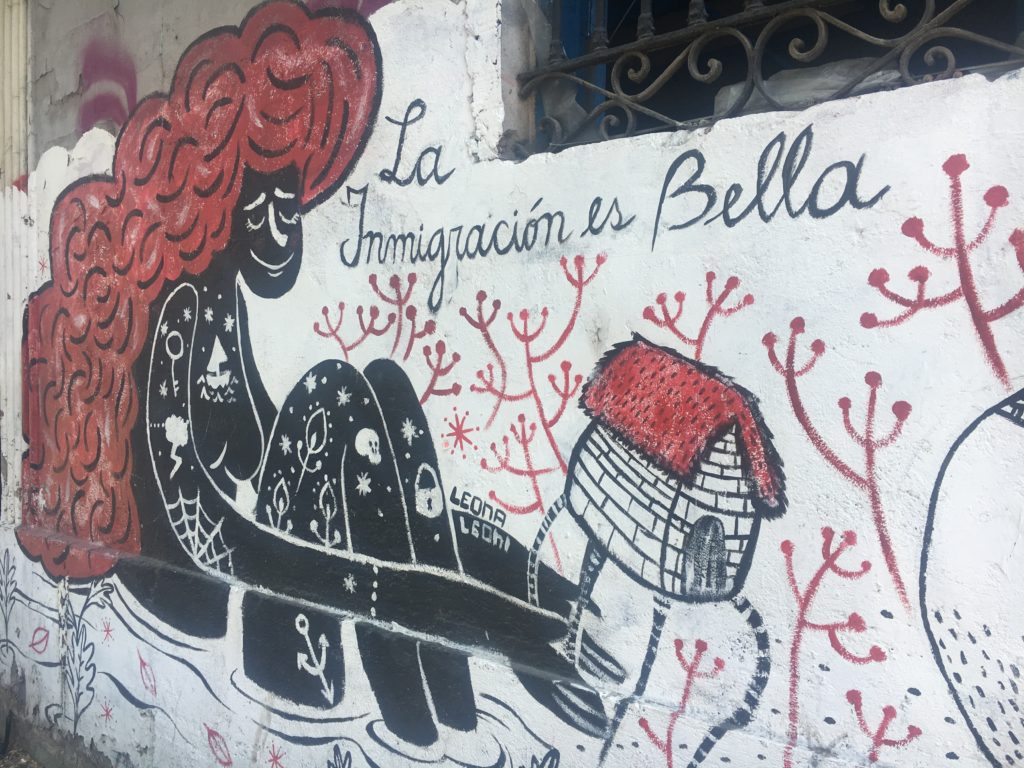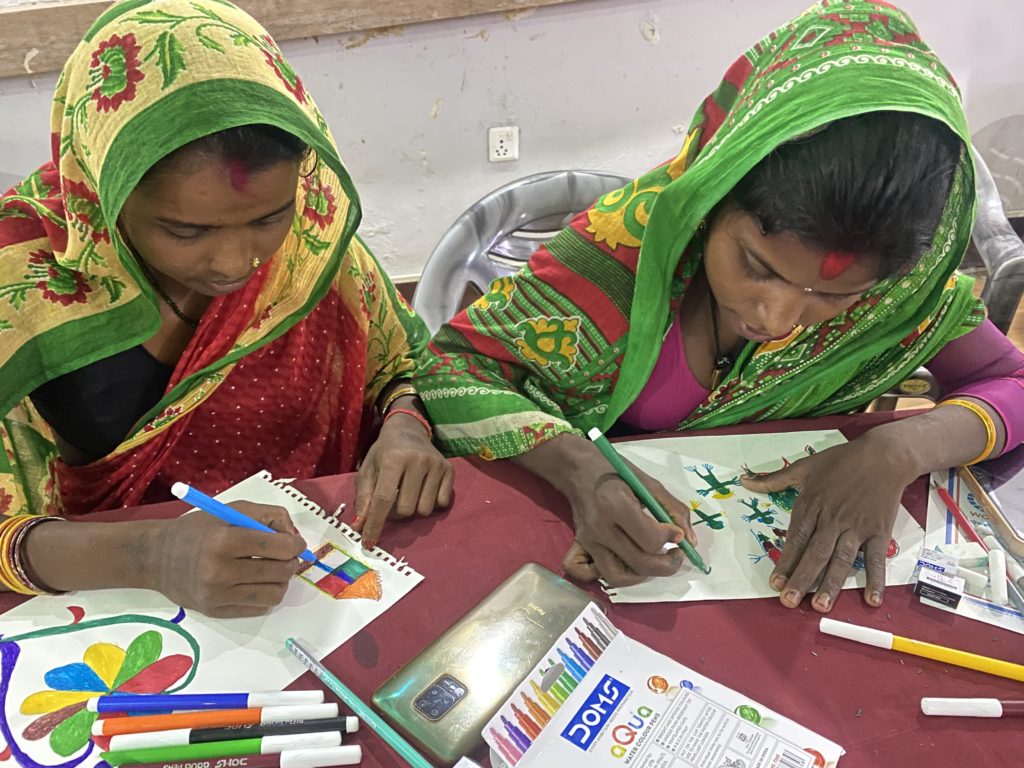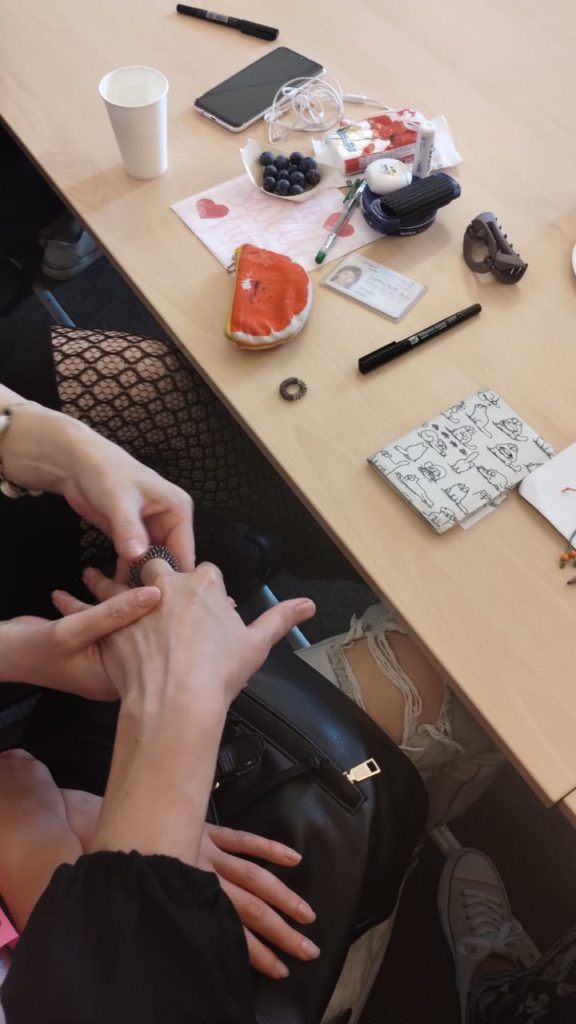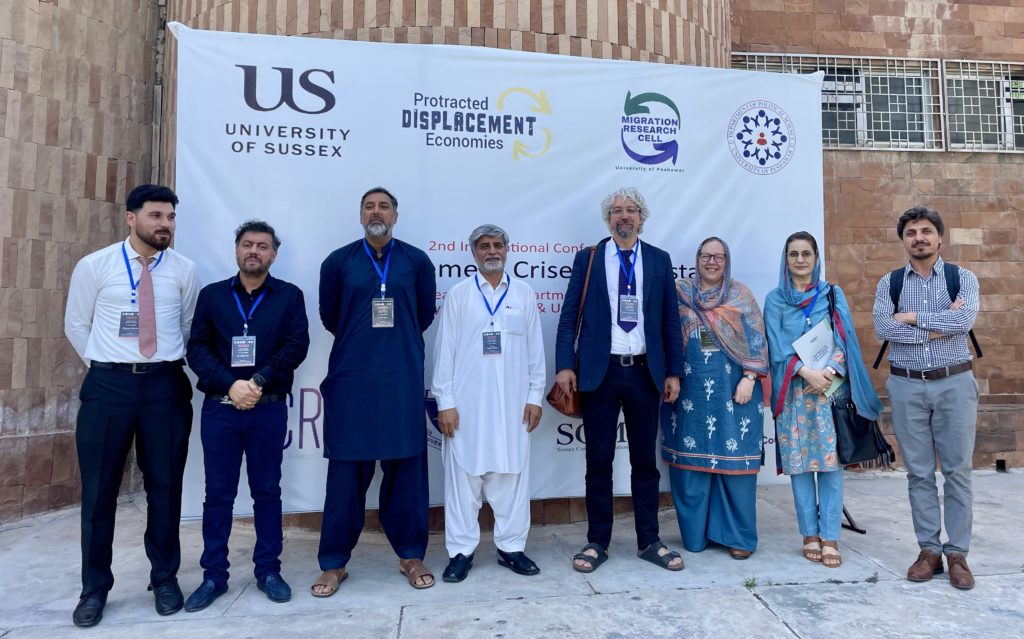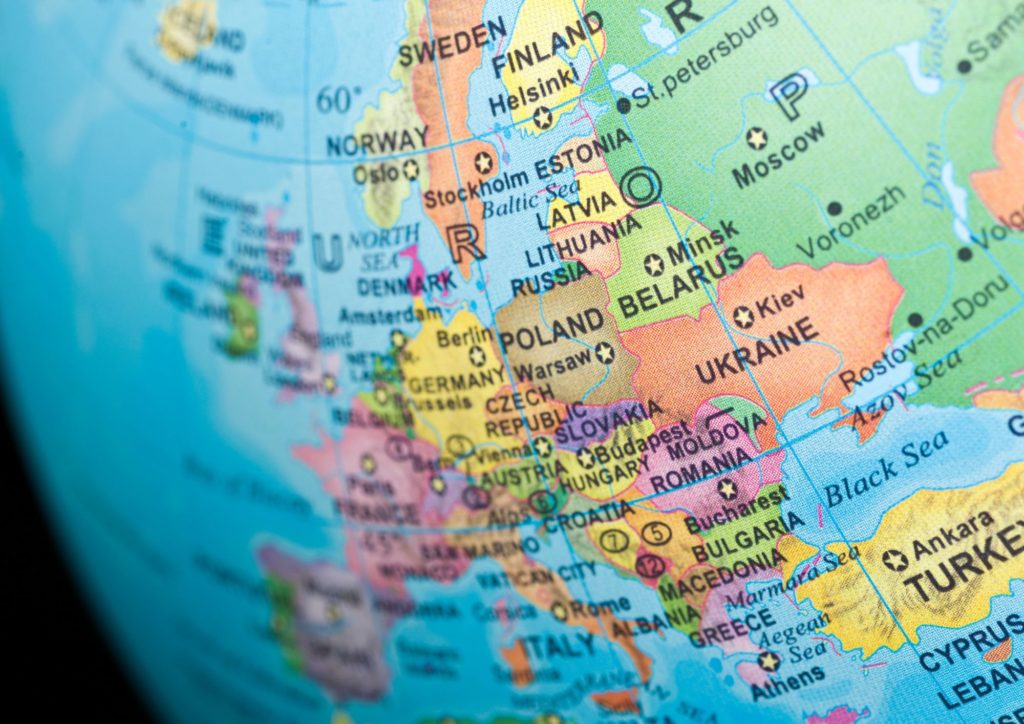Paul Statham, Professor of Migration, SCMR Director
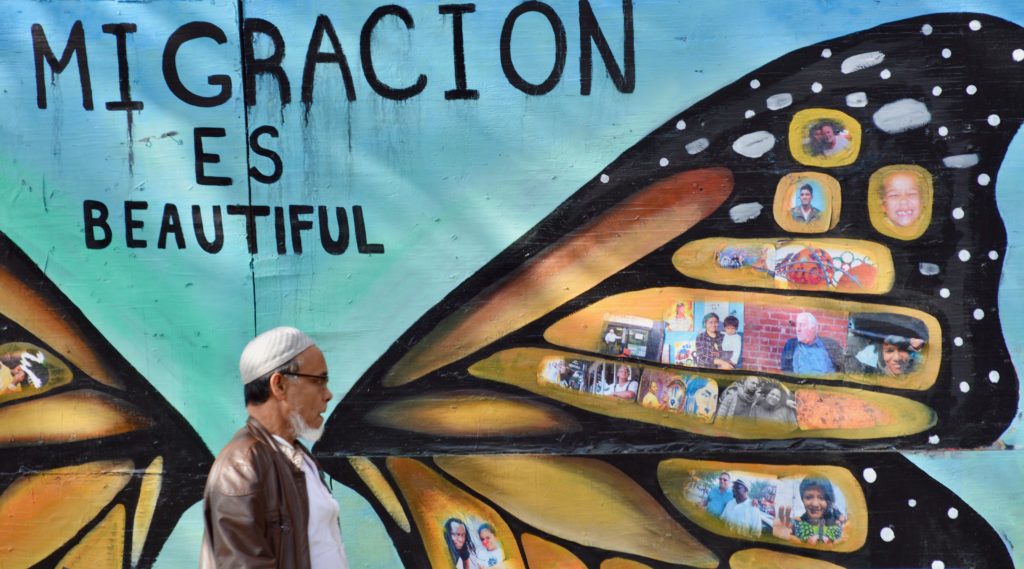
Do you think that Islam is a threat to the British way of life? UK Population 30% yes; Conservative Party members 58% yes
Do you think parts of many European cities are under the control of Sharia Law and are ‘no-go’ zones for non-Muslims? UK population 30% yes; Conservative Party members 52% yes
Source: Opinion poll of 521 Conservative party members from 7-16 February 2024, Hope Not Hate
When you had your breakfast this morning did you feel the British way of life under threat? When you stroll through London, Manchester, or Leeds, do feel pressurised by Sharia law? Or do you see cities blooming with diversity? People of all types thrown together in the glorious mish-mash of everyday life. Personally, I find it disturbing that 3 out of 10 people say “yes” to questions above, because it does not fit the reality I see around me. It’s less surprising those who gave us Liz Truss as PM say “yes”, but that’s another story.
How can it be ‘normal’ for so many people to see the world in a way depicted by these questions?
There are two stories at play here: The first is the only story in town for dominant politics and mainstream media – the “clash of civilizations”. This is the idea that European societies are basically cleaved in two conflicting camps, with “White Christian” majorities on one side pitched against the alien culture and values of Islam imported by immigration on the other. Even those who morally challenge this view as discriminatory, are dragged onto the same battleground, as the endless multicultural conflicts show.
But there is an alternative story that you won’t read about in the news that finds almost no space in the heat of politics. This is a story of incremental social and demographic change across boundaries and generations – a world transitioning to diversity, in part through ethnic mixing. This is where kids of different colours hang out together in the school yard, their parents work together, and where we increasingly choose partners from different backgrounds than ourselves. This is also a world where girls wearing the niqab in Bradford speak in broad Yorkshire accents. It where the Muslim son of a bus driver can be elected Lord Mayor of London, and another from across the political divide can rise from humble origins to become Home Secretary and Chancellor. This is a story of aspiration, opportunity, and society transforming through diversity. It’s about British Muslims becoming so much a part of British society, that for most social intents and purposes it is of no consequence that they are Muslim at all.
I’m a sociologist, not a politician. I’ve been working on the integration of Islam and Muslims in Europe for more than 25 years. This is from when we were just a few oddballs studying the political accommodation of minority religions, to when these issues move the centre of European consciousness – after 9/11, the so-called ‘War on Terror’, a global renaissance of Islamic beliefs, and seemingly endless multicultural conflicts over headscarves, minarets, and niqabs etc.. Looking back, I’ve been increasingly concerned by the impact of this politicisation in distorting the way we do academic research. I think we have fallen short in the social sciences, often simply mimicking and reinforcing tropes from politics and media. I’ve called this the “Muslimification of Muslims” – not without a slight hint of sarcasm.
At Sussex, we were part of a massive original survey on Muslim minorities of 1st and 2nd generations across six European countries. This was a decade ago, but I’ve recently gone back to re-examine the data. We asked all the hot questions about culture, values, and identities. But the value of this study was that we not only asked about culture as a cleavage, but we also asked the questions about culture as a way of connecting people across boundaries. We asked about shared identities with non-Muslims, such as feeling “British”, “Dutch” or “French”, about having people who are non-Muslims as your friends, neighbours, or within your family network. In short, we wanted to give culture a chance to empirically tell us about social interaction across ethno-religious boundaries, by including the questions that seem to be increasingly omitted for studies on Muslims.
So, what is problematic about the “Muslimification” of Muslims?
First, there is the problem with the category “Muslim”. To state what should be very obvious, people who self-identify as Muslim living in Europe are a highly heterogeneous category: by ethnicity, family country of origin, Islamic faith, immigration history etc… and that’s before we even mention gender, age, or class/status differences. But most research simply mimics political debates and lumps this diverse set of people into a single category “Muslim”, often unquestioningly, and often because the quality of the data is not good enough to do anything else. Unsurprisingly, scholars seldom acknowledge this last point.
Against this, our findings shows very distinctive trajectories of acculturation, opinions, and behaviour by people within this umbrella label of “Muslim”. Family country of origin was especially salient in account for divergence. One size does not fit all.
Second, when academic lump all Muslims together as “Muslims” this automatically emphasises religion and religiosity over other all other identities and social explanations. Religiosity now has a sort of über-explanatory status.
Against this, our research shows that non-religious factors that connect people across boundaries matter much more than religiosity. These push in the opposite direction and demonstrate being part of a shared culture. Especially significant are feeling “British”, “French”, or “Dutch”, consuming “British”, “French”, or “Dutch” media, and having family experiences of intermarriage. Only four out of ten people even practiced their Islamic faith and could be considered religious in a meaningful sense. It really isn’t all about religion because they are Muslims.
The third point is about ideas of democracy. Social scientists often tend to repeat the dogmas from politics and media about supposed conflicts over so-called “liberal democratic values”. Twenty-five years ago, “liberal democratic values” were seen as the civic stuff that would hold national societies together facing the new challenges of globalisation, of which immigration and superdiversity are part. Today, however “liberal democratic values” usually only introduced as a stick to beat Muslims – as a sort of test of ethnocultural “Britishness”, “Frenchness” or “Dutchness” that they can never pass.
Interestingly, our research shows that from the side of Muslims there is little to suggest that acculturation over democratic values is unlikely. However, when we look on the other side of the boundary, it is the non-Muslim majority who see larger and significant gaps between themselves and Muslims. It seems that a sizeable part of the majority population have taken on board the dominant message of politics and media and see Muslims as a threat to the democratic way of life – as we saw in the opening opinion poll.
An important point here is that often integration and acculturation processes are talked about in a way that assumes that the more integration or acculturation advances the less conflict there will be over diversity. Clearly, this is not the case – it is not a zero-sum game. Instead, what we are witnessing today is that the more Muslims adapt and become part of European societies, the more their presence is opposed and made conflictual, by a significant proportion of those who are not Muslim. In other words, we live in a time of factual increasing demographic diversity and hybridity (among Muslims and non-Muslims) on the ground, but the only dominant political story in town is one of conflict between two opposed ethno-religious camps. Populists stoke these divisions that are counterfactual to the social reality around us.
But what about the academy? Surely, we can do better?
Today, the social sciences are polemical, driven by normative critiques and counter-critiques, that at worst ape the “culture wars” outside. But for me, Sociology is not just about being a social justice warrior. It’s not just about being negative and criticising the world. It’s about making the mechanisms visible through which societies transform and change. This is based on the belief that if we understand them, then we may be in a position to consider doing something about it for good. In this sense, we need humility and to take inspiration from something George Orwell said seventy-five years ago: “To see what is in front of one’s nose needs a constant struggle.” The social sciences need to take up this struggle. A better world needs better research.
The research supporting this article is published in:
Statham, Paul. 2024. Challenging the Muslimification of Muslims in research on ‘liberal democratic values’: why culture matters beyond religion. Journal of Ethnic and Migration Studies, 50(1), 203–232. https://doi.org/10.1080/1369183X.2023.2268894 Open Access.
For a commentary article, see:
Statham, Paul. 2024. ‘Re-thinking how we study Muslim minorities in Europe—A call for de-Muslimification.’ International Migration, (62): 277–280. https://doi.org/10.1111/imig.13333
This was presented as a TED-style talk at the “Impossible until it’s Done: a celebration of Sussex research”, 12th, June 2024, 1 Birdcage Walk, Westminster, London. You can see a video of the talk here.


